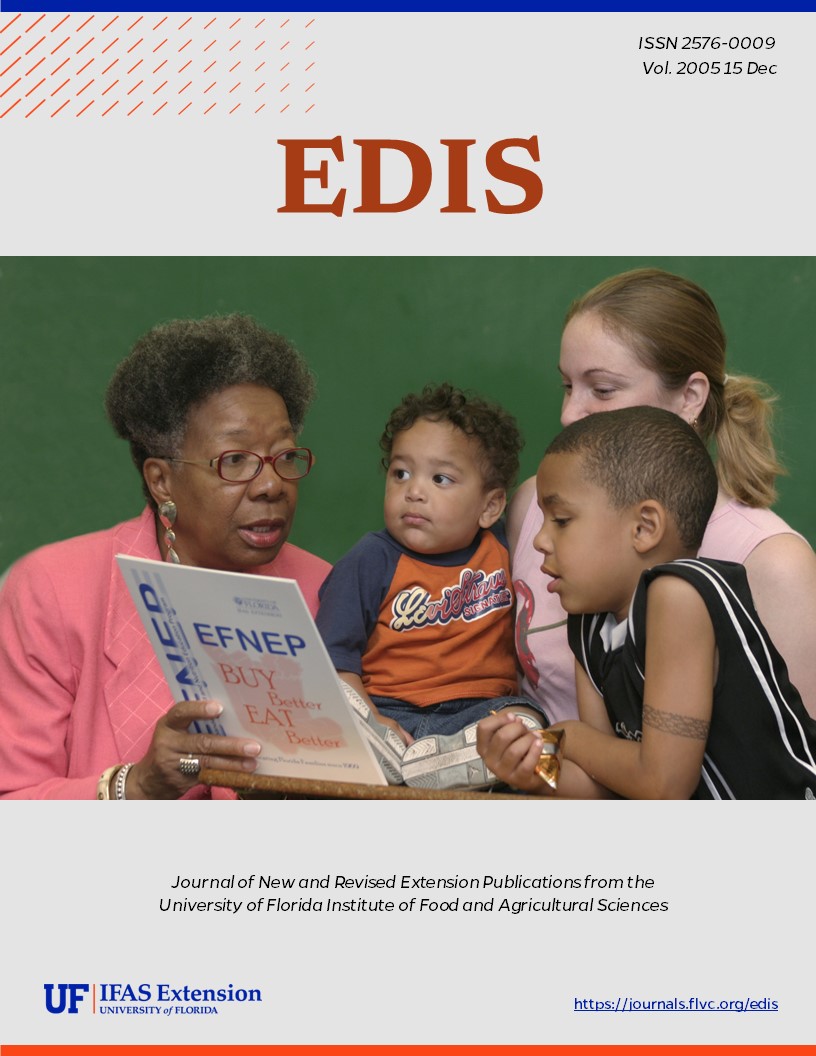Resumen
Recently the American Medical Association (AMA) adopted a new anti-bullying policy that concluded that bullying is not just another childhood behavior that will eventually be outgrown, but rather a public health problem that can have long-term effects for both the bully and the victim. Children who don't escape the cycle of bullying are at higher risk for serious academic, social, emotional, and legal problems. This has been reinforced by a report from the AMA indicating that 7-15% of school-aged children are bullies and one in 10 school children is a victim of bullying (Peck, 2002). This document is FCS2243, one of a series of the Family, Youth and Community Sciences Department, Florida Cooperative Extension Service, Institute of Food and Agricultural Sciences, University of Florida. Original publication date: December 2005.
Citas
Banks, R. (1997). Bullying in Schools. On-line at: http://www.eric.ed.gov/ERICDocs/data/ericdocs2/content_storage_01/0000000b/80/2a/28/60.pdf
Barnett, R.V., Adler, A., Easton, J.O., & Howard, K.P. (2001). An evaluation of Peace Education Foundations Conflict Resolution and Peer Mediation Program. School Business Affairs, Volume 67, Number 7, pp. July 2001.
Batsche, G.M., & Knoff, H.M.(1994). Bullies and their victims: Understanding a pervasive problem in the schools. School Psychology Review, 23(2), 165-174. https://doi.org/10.1080/02796015.1994.12085704
Charach, A., Pepler, D., & Zeigler, S. (1995). Bullying at school-a Canadian perspective: A survey of problems and suggestions for intervention. Education Canada, 35(1), 12-18.
Nolin, M.J., Davies, E., & Chandler, K. (1995). Student Victimization at school. National Center for Educational Statistics. Statistics in Brief (NCES 95-204).
Oliver, R., Hoover, J.H., & Hazler, R. (1994). The perceived roles of bullying in small-town Midwestern schools. Journal of Counseling and Development, 72(4), 416-419. https://doi.org/10.1002/j.1556-6676.1994.tb00960.x
Olweus, D. (1993). Bullying at school: What we know and what we can do. Cambridge, MA: Blackwell.
Peck, P. (2002). School Bullying Widespread. Internet: WebMD. Online at: [http://content.health.msn.com/content/article/2606.2001).
Slaby, R.G., Wilson-Brewer, R., & Dash, K. (1994). Aggressors, Victims, and Bystanders: Thinking and Acting to Prevent Violence. Newton, MA: Education Development Center, Inc.
Whitney, I., & Smith, P.K. (1993). A survey of the nature and extent of bullying in junior/middle and secondary schools. Educational Research, 35(1), 3-25. https://doi.org/10.1080/0013188930350101

